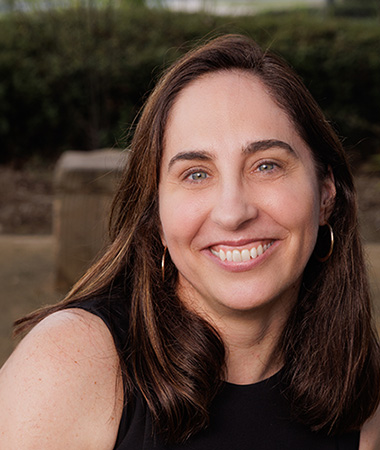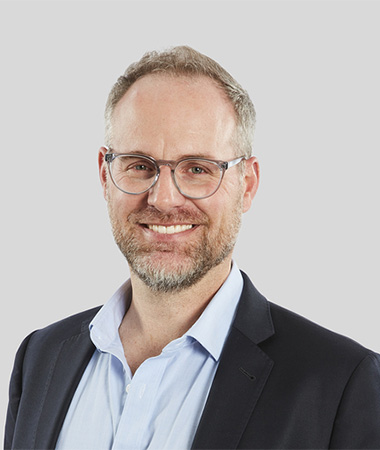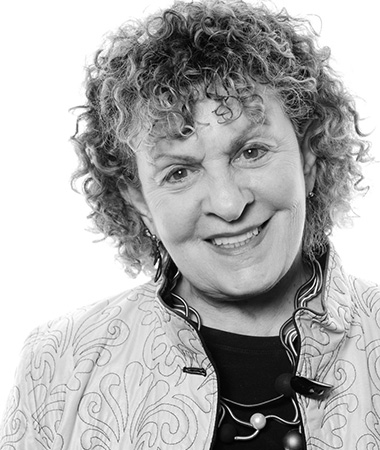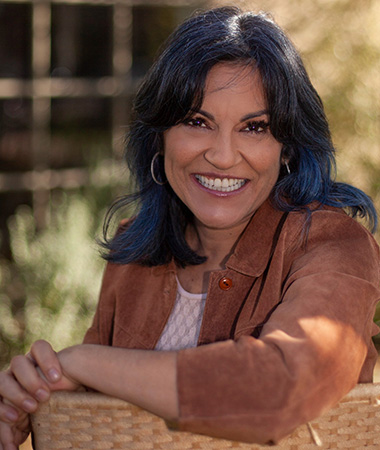Science for Society: Navigating the Digital World: Parenting in the Age of Screens
Digital technology and social media have been accused of contributing to widespread negative impacts on child and adolescent development, creating an anxious generation. However, evidence from the research community presents a more balanced perspective.
APS Fellow and James McKeen Cattell Award recipient Roberta Golinkoff, professor at the University of Delaware, specializes in the use of digital devices by young kids. She finds the zeitgeist against digital media to be overblown, stating, “Digital media are neither inherently positive nor negative. It’s all about how they are designed and used.”
Michael Preston, executive director of the Joan Ganz Cooney Center at Sesame Workshop, discussed the benefits of asking kids’ opinions to help determine the content of their media. He also shared that the conversations media spark after the TV is turned off are just as important as the content itself.
Kathryn Modecki, a professor at the University of Western Australia, stressed that teens should have opportunities for autonomy and independence with respect to their media intake. She suggested “being a coach as a parent, as opposed to a referee for your team online.”
Yalda Uhls, executive director of the Center for Scholars and Storytellers, concluded the session by demonstrating the power of the stories adolescents consume in the media. “[The] storytelling mechanism really shifts the way you think and you behave,” she said. “Because your defenses are down, you’re engaged in the story.”
This webinar provides parents, developmental researchers, and those interested in child psychology with a better understanding of how media use impacts the development of children’s emotional regulation skills and well-being.
Speakers

Kathryn Modecki
University of Western Australia & Telethon Kids InstituteKathryn Modecki is a Professor in the School of Psychological Science at the University of Western Australia and the Telethon Kids Institute. She is a developmental and quantitative psychologist, and her research harnesses new technologies and large-scale longitudinal data to investigate diverse pathways of risk, health, and wellbeing, with a focus on children and families living in the context of structural and socio-economic disadvantage.

Michael Preston
Sesame WorkshopMichael Preston is the Executive Director of the Joan Ganz Cooney Center, a research and innovation lab within Sesame Workshop that advances positive futures for kids in the digital world. Michael has 25 years of experience leading educational innovation and technology programs in K-12, university, and informal learning contexts.

Roberta Golinkoff
University of DelawareRoberta Michnick Golinkoff received her PhD from Cornell University and is based in the School of Education (and the Department of Brain and Psychological Science and the Department of Linguistics and Cognitive Science) at the University of Delaware. Her research focuses on media, playful learning, spatial development, and language development.

Yalda Uhls
University of California, Los AngelesDr. Yalda T. Uhls is the founder and CEO of the Center for Scholars & Storytellers (CSS) at UCLA, which is the only youth-centered organization to bridge the gap between social science research and media creation to help storytellers better reflect the lives of adolescents. She is an internationally recognized research scientist, educator, author, and expert on the science of media and adolescent development. Dr. Uhls’ career bridges the worlds of entertainment and psychological research. She was a movie executive at MGM and Sony who earned an MBA and Ph.D. from UCLA.

